Raeisi to Putin: Cooperation can neutralize pressures against independent nations
Amid mounting pressure campaign against their nations, Iranian President Ebrahim Raeisi on Wednesday told his Russian counterpart that cooperation between independent nations can neutralize pressures exerted by the West.
Raeisi and Vladimir Putin in a phone conversation discussed a range of bilateral, regional and global issues, and reaffirmed their commitment to boost ties.
During their conversation, Raeisi stressed that “cooperation and coordination between independent countries in pursuit of collective interests at the regional and international levels will neutralize the pressures and movements of other international actors.”
“The Islamic Republic of Iran, regardless of international developments, seeks to deepen and stabilize its comprehensive relations with independent countries,” the Iranian president said, his office said.
He said despite the US-led pressures against Tehran over its peaceful nuclear program, the International Atomic Energy Agency (IAEA) has on many occasions confirmed that there had been no deviations in Iran’s nuclear activities.
“We have fulfilled our commitments under the [Iran] deal, and now is the time for the United States to make a decision,” Raeisi said.
The Iranian chief executive was making a reference to Washington’s indecision about whether it seeks to rejoin the multilateral agreement with Iran, also known as the Joint Comprehensive Plan of Action (JCPOA).
Since April last year, Iran and Russia, in addition to four other countries, have been engaged in marathon negotiations in Vienna to bring the US back into the landmark agreement.
In May 2018, former US president Donald Trump pulled his country out of the deal in a unilateral move, and re-instated harsh sanctions as part of the “maximum pressure” campaign against the Islamic Republic to force it to negotiate a “better deal.”
Joe Biden, coming to power early last year, had pledged to reverse the hard-nosed measures taken by his megalomaniac predecessor, but he reneged on the promise and followed Trump’s legacy, causing a stalemate in the Vienna negotiations.
In their Wednesday call, Putin hinted at an anti-Iran move led by the US and its European allies at the IAEA Board of Governors, saying that his country opposes such moves.
“We believe that their actions will not help resolve the current issues, and Russia’s position is to oppose such actions,” he said.
The two leaders also discussed the need to continue diplomatic efforts to reach an agreement in the Austrian capital, according to the Kremlin’s readout of the call.
They underlined the need for the full implementation of the JCPOA and UN Security Council Resolution 2231, which endorses the deal, by all original signatories.
Meanwhile, Putin also expressed his condolences over the train accident in eastern Iran’s Tabas city on Wednesday, Russian state media RIA reported.
At least 22 people were killed and dozens injured after a train carrying over 300 passengers derailed from the track after colliding with an excavator.
Further investigation is underway to find out the exact cause of the accident.
Elsewhere in their conversation, Raeisi expressed hopes that the conflict in Ukraine would end as soon as possible.
He placed great emphasis on a diplomatic solution to the conflict, adding that the Islamic Republic of Iran is ready to use its capacities to help end the war.
VIDEO | Hezbollah rains attack drones down on elite Israeli brigade
Leader: All captains of criminal, Zionist, terrorist gang must be prosecuted
Iran further raises its oil prices for Chinese buyers: Report
Iran to launch major pressure-boosting projects in South Pars
VIDEO | Escalation amid ceasefire talks
EU's Borrell says ICC arrest warrants for Israeli leaders binding
VIDEO | Press TV's News Headlines
VIDEO | Massacre in Pakistan’s Parachinar sparks outrage


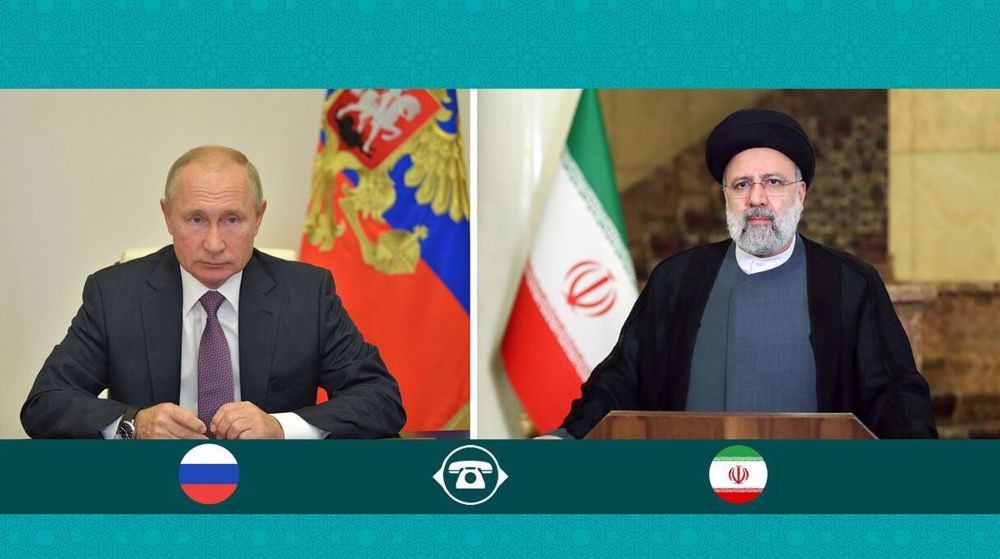
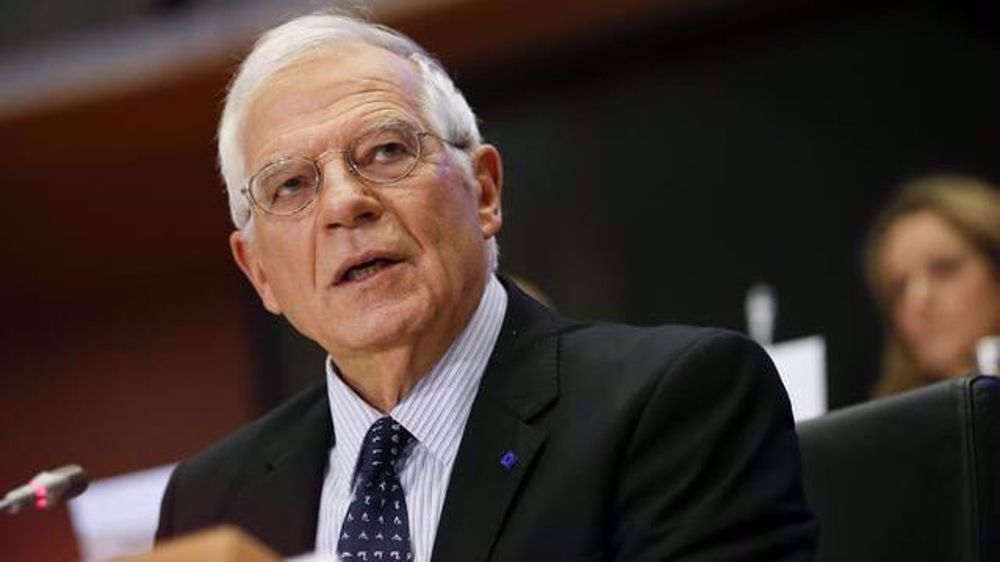
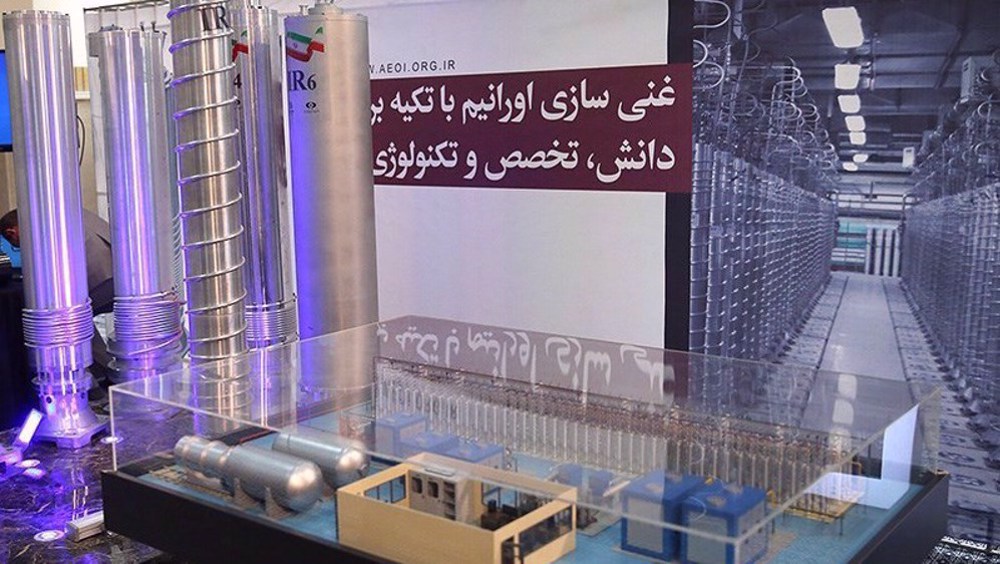
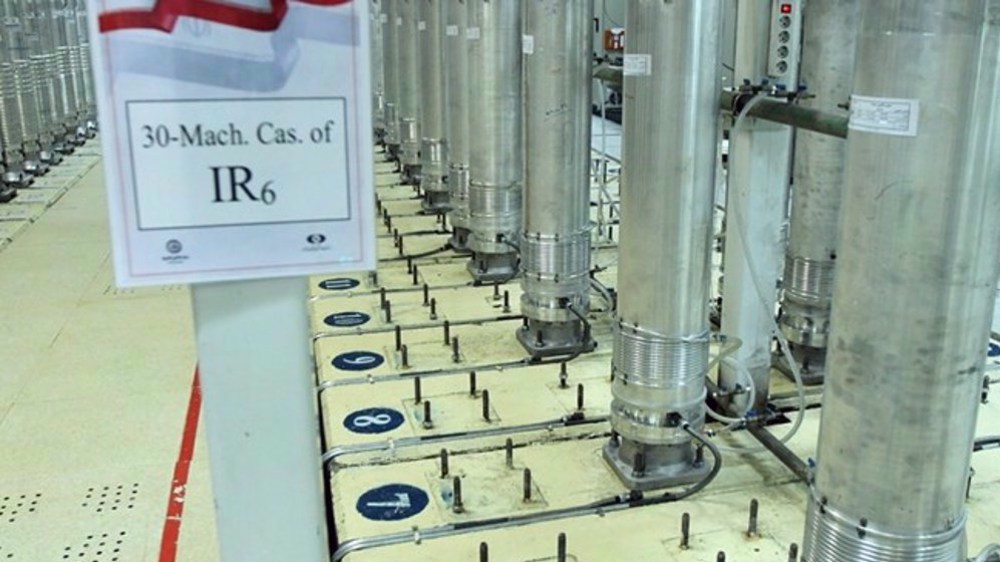
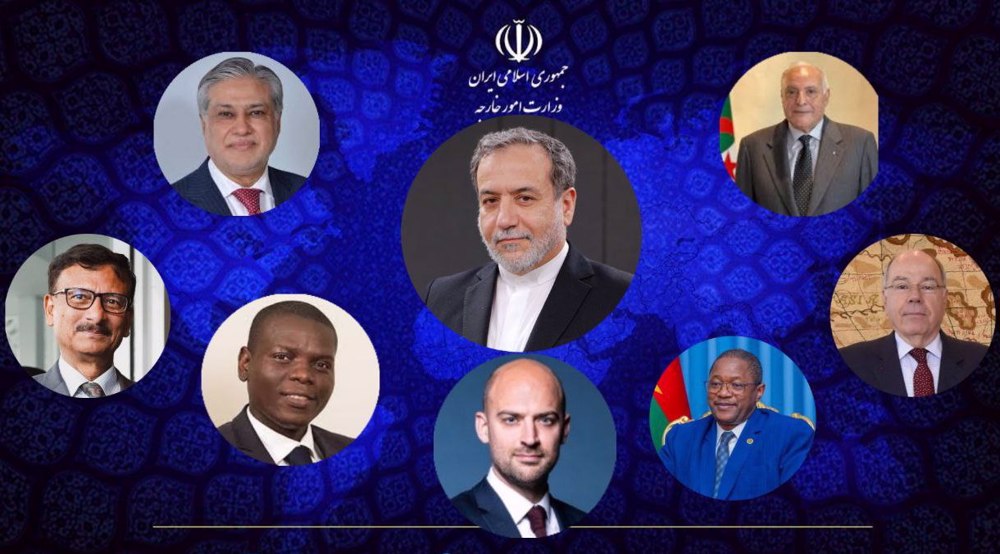



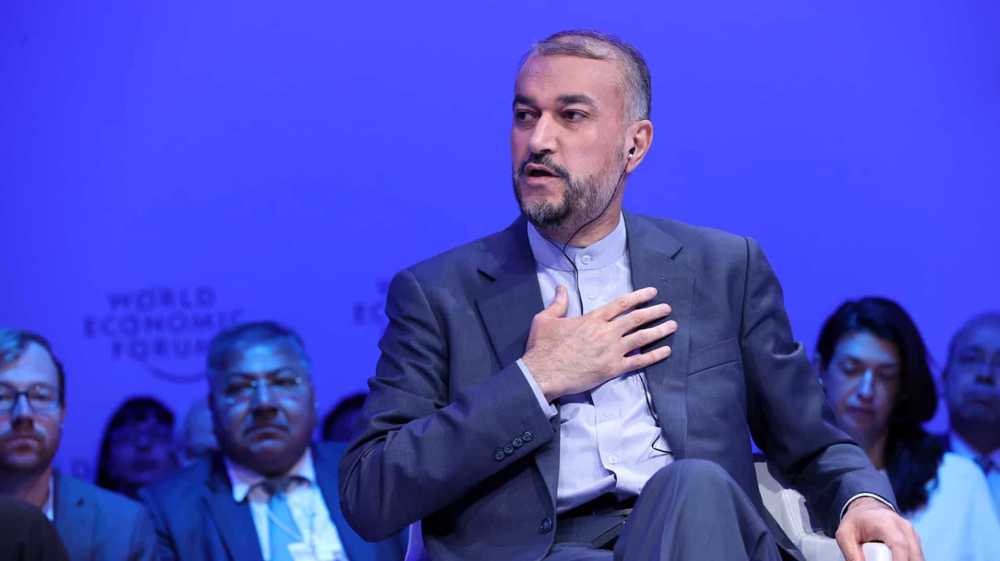
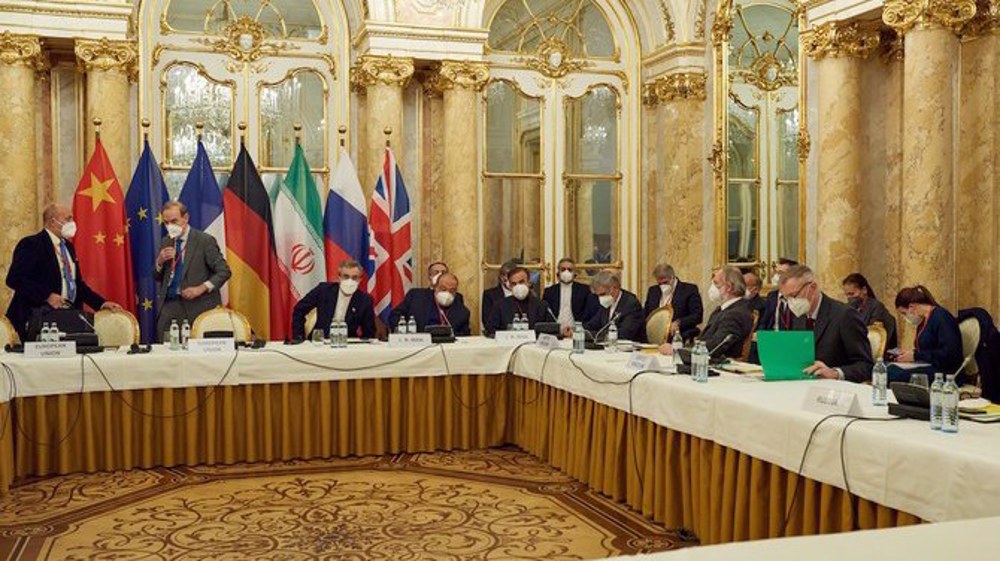
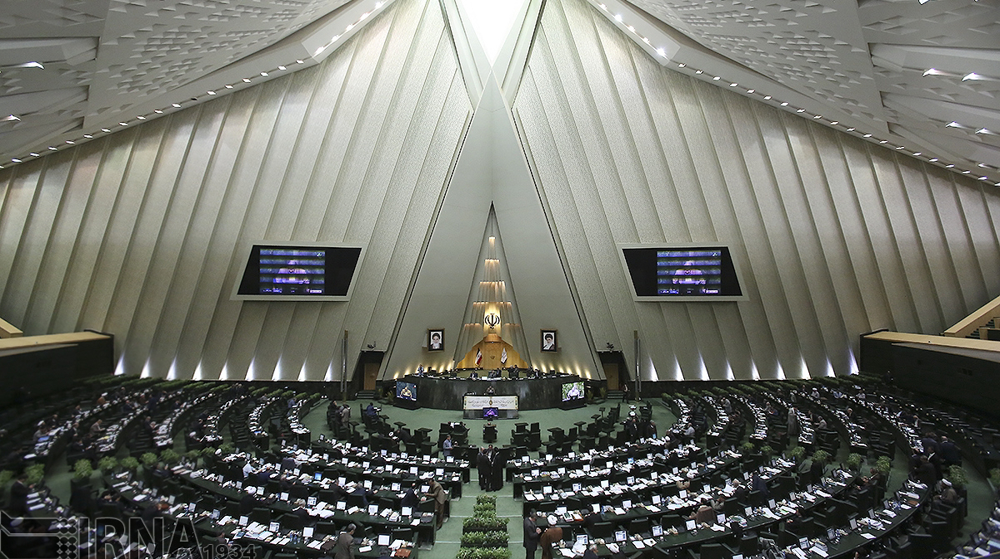
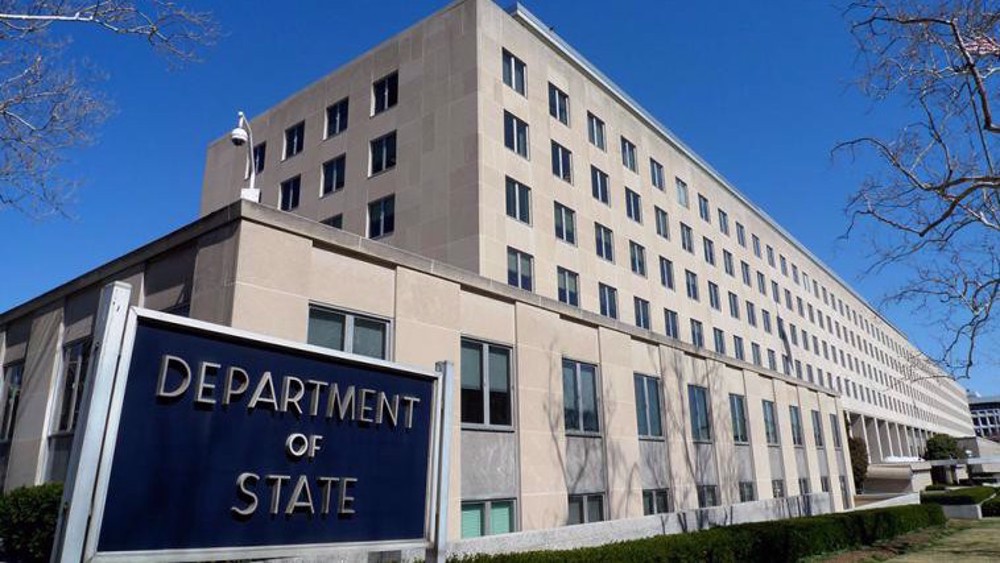

 This makes it easy to access the Press TV website
This makes it easy to access the Press TV website